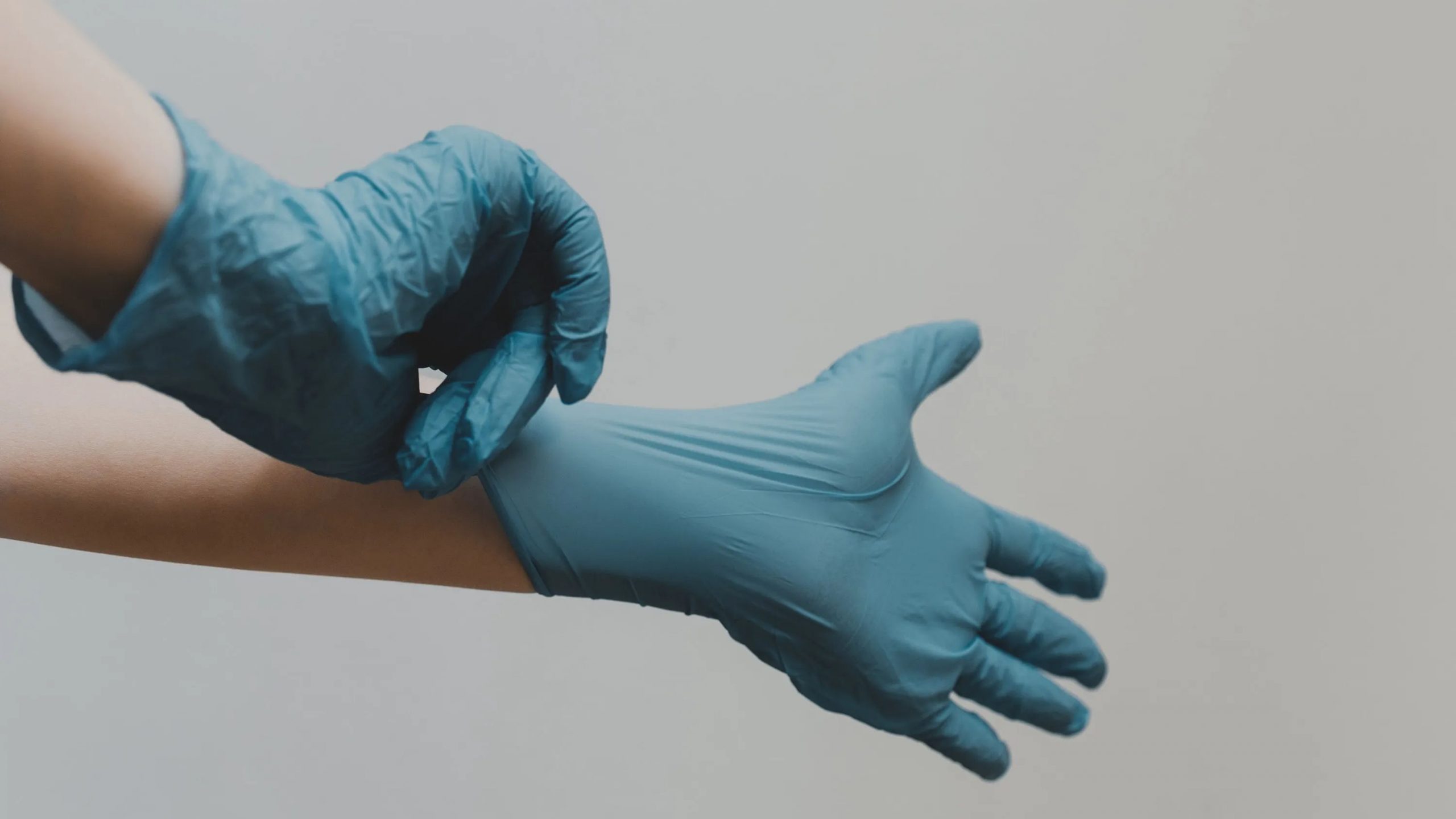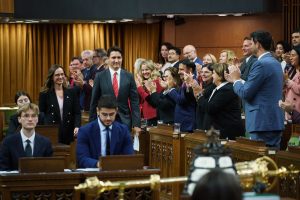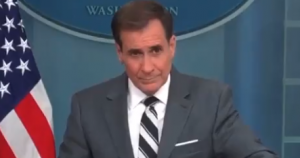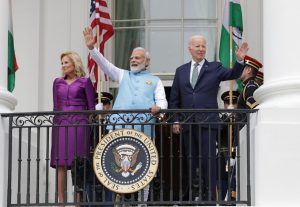As major nations across the world, including the US, the UK, and China, have approved the usage of coronavirus vaccines and are racing to vaccinate their population, India, even after authorising two COVID-19 vaccines for usage in the country, has not started vaccinations yet.
Tens of millions of doses, prepared, in India are sitting in storage as the Serum Institute of India, whose vaccine — now approved for usage — made in collaboration with Oxford-AstraZeneca, is yet sign a formal supply agreement, reports Bloomberg. The delay in signing of the formal agreement has stalled the distribution of at least 70 million COVID-19 vaccines in India, which is the second worst-hit nation globally by the pandemic after the US.
After getting the nod of Drugs Controller General of India on Sunday, Pune-based Serum Institute’s CEO Adar Poonawalla on Monday that its vaccine will cost $3-4 per shot (RS 219-292) to the government while it will be sold at almost double the cost in private markets, up to Rs 1,000 once sales open up.
The centre can put pressure on SII to lower its prices as another vaccine, as per a Jefferies’ analyst, Abhishek Sharma, the Bloomberg report says.
According to the Bloomberg report, the standoff between the pharmaceutical and the Centre, coming at a time when India has already crossed 10 million cases of COVID-19 and over 70 infections of the new coronavirus strain, reflects the tension between public interest and private companies, which want to recover their investment.
As most nations, which have rolled out vaccines, have seemed to avoided cost dispute, the issue of the price of COVID-19 vaccine jabs amid the pandemic that has already killed more than 1,868,685 people worldwide, will increase as the distribution of vaccine starts extending to further nations, the report says.
The cost of each dose of vaccine in India, a nation that homes more than 1.3 billion people, can have serious financial consequences on the administration of Prime Minister Narendra Modi.
“When you are buying in bulk, there is obviously the advantage of being able to negotiate the price,” Randeep Guleria, AIIMS Director and a member of PM Modi’s COVID-19 management taskforce told ANI on Monday.
Guleria’s statement came a day before the Union Health Secretary Rajesh Bhushan said that India will start inoculating people within 10 days of its approval, i.e., January 13, not mentioning whether the purchase agreement has been signed or not.
Guleria said that negotiations under the procurement policy are underway and “obviously they may also be able to decide on what should be the market price subsequently.” He also added that the purchase agreement would be signed “any day now.”







